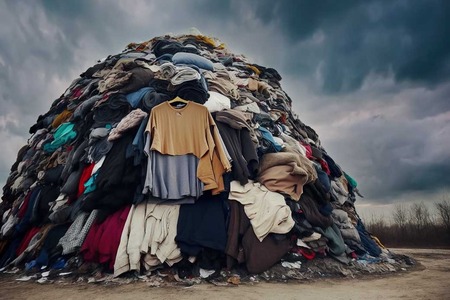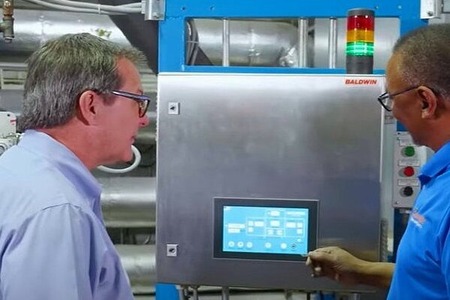Soaring wage prompt Chinese apparel makers turn to Vietnam
YarnsandFibers News Bureau 2016-12-22 15:00:00 – HongkongChina exports about $169 billion worth of clothing annually. It used to be the unrivaled textile king of Asia. But with wages in China having doubled in the last five years and apparel makers there under heavy pressure from clients to cut costs, companies are increasingly moving production of low value-added goods out of the country.
Chinese apparel makers are prompted to shift their production to neighboring Vietnam, where labor costs are nearly 60% lower. Although such moves does involve a certain amount of risk due to the nations' territorial dispute in the South China, among other factors.
Nameson Holdings, maker of sweaters and other knitwear to order based in Huizhou, Guangdong Province plans to increase production in Vietnam. The company began turning out products in the Southeast Asian country in 2015 at a factory in the suburbs of Ho Chi Minh City. It expects to complete the second phase of construction at the plant in April next year.
Nameson mainly supplies garments to Japan's Fast Retailing, operator of the Uniqlo chain of casual clothing stores. Over half of the Chinese company's revenue comes from sales to the Japanese retailer.
Nameson's production shift is partly due to a 2009 economic partnership deal that has in principle eliminated tariffs on Vietnamese textile exports to Japan. Nameson is trying to expand its customer base in Japan.
China's Bosideng International Holdings, a major manufacturer and retailer of down jackets, is also boosting output in Vietnam. It currently produces garments on a trial basis at a Vietnamese textile factory affiliated with Japanese trading company Itochu, with which it has a capital partnership. Bosideng will closely monitor the situation at its Vietnam plant and base its expansion moves on developments there.
Bosideng Chief Financial Officer Mak Yun Kuen said that theirr clients are increasingly looking for a cross-border supply network, and that's partly why Bosideng is missing out on potential orders in original equipment manufacturing(OEM). The shift to Vietnam is intended to cut production costs.
But with the U.S. President-elect Donald Trump announcing his intention to pull the U.S. out of the Trans-Pacific Partnership, a free trade accord encompassing 12 countries, including Vietnam and Japan. The shift of textile production by Chinese businesses to Vietnam wanting to take advantage of lower tariff may slow down.
Also setting up operations on foreign shores carries risks. In the spring of 2014, Vietnamese protesters gathered for a huge demonstration against China's oil exploration in the South China Sea. Chinese and Taiwanese companies were targeted by violent protesters, leading to supply chain disruptions.
Market Intelligence
Ask for free sample Report

experience
Customer Base
dedicated team
Countries Served Worldwide









